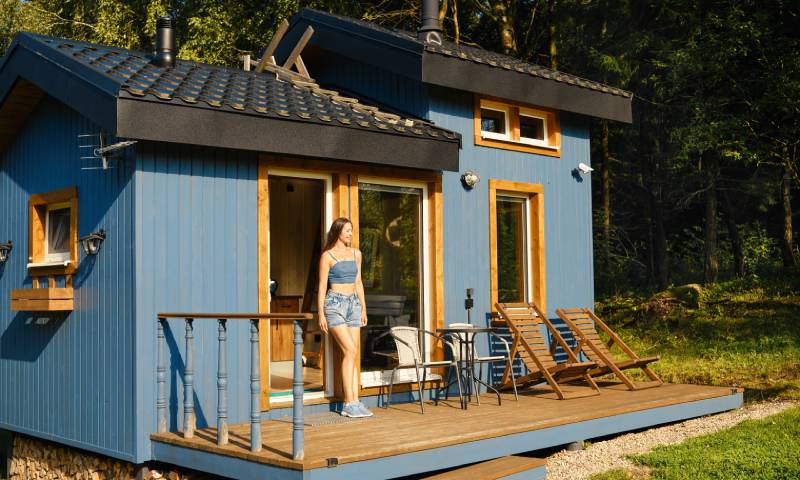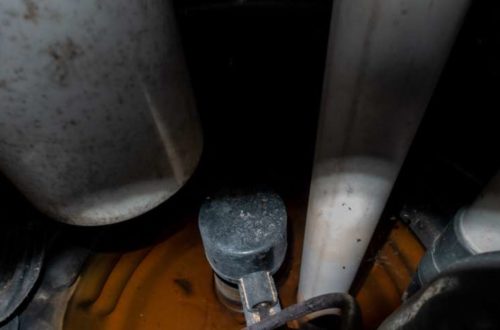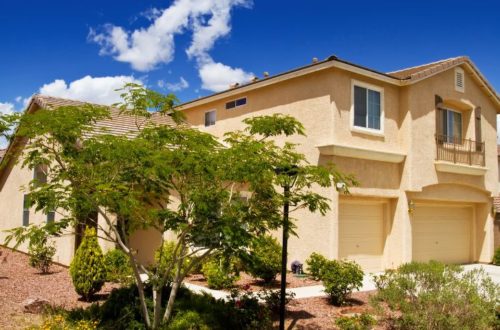Mistakes To Avoid When Trying To Live Off-Grid

Living off-grid, away from the hustle and bustle of modern society, can be an appealing lifestyle for many seeking a more tranquil and autonomous way of life. It offers a profound sense of self-sufficiency, personal independence, and a unique connection with nature that many yearn for in the contemporary world. However, transitioning to an off-grid lifestyle is not without its challenges and inconveniences. Be sure to avoid these mistakes when trying to live off-grid so you can make the most of your new off-grid life!
Neglecting Emergency Preparedness
Living off-grid means striving for self-sufficiency, but it’s crucial not to overlook the need for emergency preparedness. This includes maintaining a well-stocked first aid kit, backup power sources like generators, and having access to emergency services if needed. Additionally, having a communication plan in place with nearby communities can expedite aid during critical situations. Preparing for emergencies ensures resilience in the face of unexpected events like natural disasters or medical emergencies.
Isolating Yourself
While living off-grid can provide a much-needed sense of solitude and peace, it’s important not to cut yourself off completely from others. This isolation is especially easy if your off-grid house is a tiny home. That’s why one of the first things you need to know when living off-grid in a tiny house is that there are many other people like you around you. The distance may be greater than in a traditional neighborhood, but you should still try and create a community. Building relationships with neighboring communities can offer support and assistance in times of need, enhancing your overall experience and well-being.
Choosing the Wrong Location
Living off-grid often implies being isolated from the conveniences of society. While this can be appealing for those seeking solitude, it’s important to consider vital factors such as access to resources, climate conditions, and potential community support before settling on a location. Choosing the wrong location can lead to difficulties in sourcing water, food, and other essentials, and can even impact your overall health and safety during different seasons.
Not Having a Sustainable Source of Income
While living off-grid can significantly reduce living expenses, having a steady and reliable source of income is important to cover ongoing costs such as food, supplies, and unexpected expenses. Exploring remote work opportunities or establishing a small business, like selling homemade goods or produce, can be a viable solution for you. Additionally, consider diversifying income streams to cushion against economic downturns or personal financial setbacks.
Living off-grid can be a rewarding and fulfilling lifestyle choice, offering a unique blend of autonomy and harmony with nature, but you need to avoid these mistakes to make the most out of your home. When you avoid these common mistakes, you can successfully make the transition to an off-grid lifestyle and enjoy the many benefits that come with it.
Would you like to receive similar articles by email?





